Like many European countries, Wales has an ageing population. If a younger workforce is not developed, the burden of health and social care will continue to rise, and economic development will stall. Limitations on freedom of movement due to Brexit and the economic impact of the coronavirus pandemic add to the challenges for the Welsh economy, although the full impact is still uncertain.
Data from the ONS shows that the employment rate of young people was disproportionately affected by the pandemic and is likely to have left many young people worried about their career prospects, especially in regions which rely heavily on hospitality.
Our data from the WISERD Education Multi-Cohort Study (WMCS) show that even before the coronavirus pandemic, most young people believed they would have to leave their town, or Wales altogether, to find their ideal job (figures 1 and 2). Whether or not this is always truly the case, it suggests that, as reported by Evans (2014), young people’s aspirations are not limited by employment opportunities in their locality.
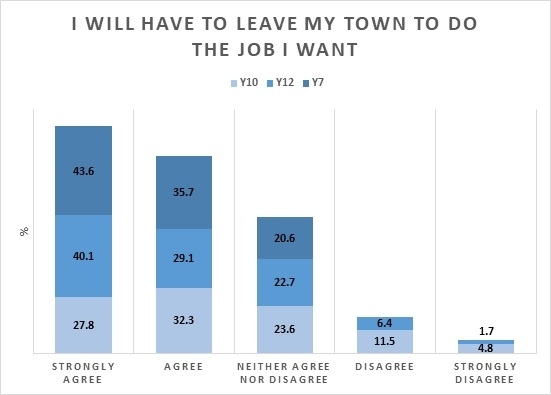
Figure 1: Sample of 1081 Year 7, 10 and 12 pupils in 2017 from 12 schools across Wales
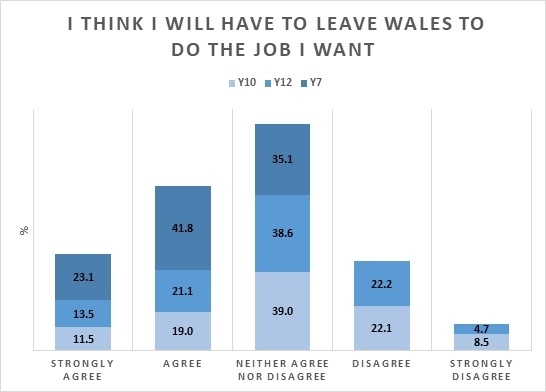
Figure 2: Sample of 1081 Year 7, 10 and 12 pupils in 2017 from 12 schools across Wales
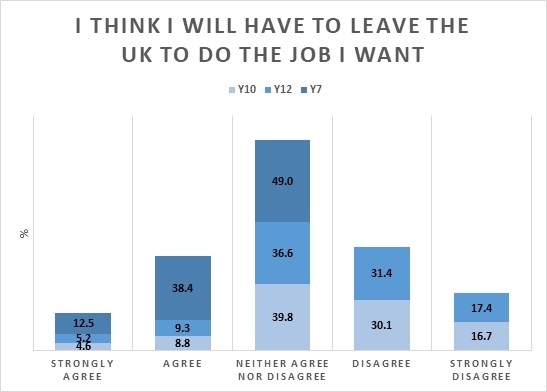
Figure 3: Sample of 1081 Year 7, 10 and 12 pupils in 2017 from 12 schools across Wales
Almost 70% of young people believed that they would have to leave their town for their chosen role. This proportion was greatest in youngest group (Year 7), but over 30% of Year 10 and Year 12 pupils also agreed or strongly agreed that leaving their town was necessary to fulfil career aspirations.
Younger pupils were also more likely to believe they would have to leave Wales and/or the UK to do the job they want. In fact, no Year 7 pupils disagreed that they would have to leave their hometown, Wales or the UK to get their ideal job. Looking at all year groups together, the largest proportion chose the “neither agree not disagree” response for leaving Wales and the UK, suggesting that they either had not considered where their ideal job was located or weren’t aware of opportunities in Wales.
While Wales does not have the quantity of roles available in larger UK cities, it is not without opportunity. Gaining knowledge of how to find roles within Wales and understand the range of prospects is something schools can support, and in Sweep 6 we asked how pupils felt about work experience opportunities and career advice they had gained at school (figure 4).
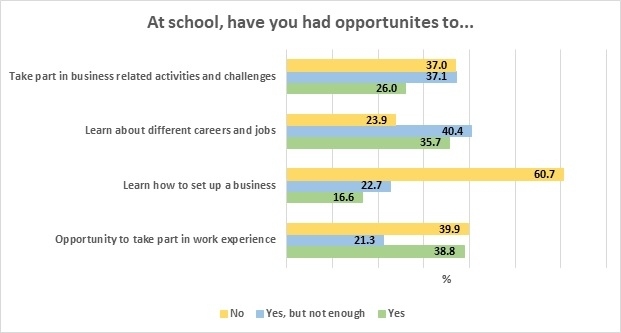
Figure 4: Sample of 855 pupils in Years 8, 11 and 13 from 11 schools across Wales
The majority of young people in Years 8, 11 and 13 reported either not having any or enough opportunities to learn about career options, take part in work experience/challenges and learn about running a business. In terms of work experience, although 61% of this group was in Year 8 and may not yet have had the chance, that still leaves 166 pupils in this survey in Year 11 and Year 13 who had not taken part in any work experience.
Schools play a key role in preparing young people for the world of work. With many competing priorities, schools may vary in how much time they dedicate to career guidance. However, there is clearly a need to support pupils in learning more about different jobs and to offer work experience and business-related opportunities.
61% of young people prioritised having a job that they enjoy and that is well-paid over non-career achievements by age 30 (table 1). Over 80% of this group also believed that that it was likely they would have a job they enjoyed by age 30.
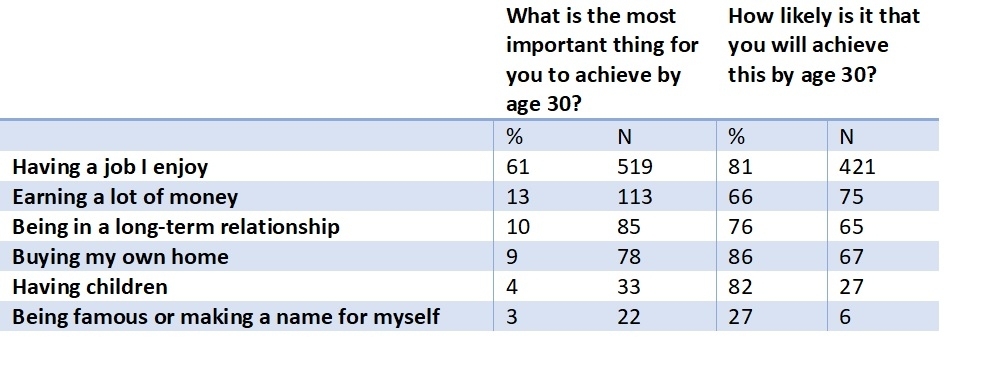
Table 1: Sample of 850 pupils in 2018 from 11 schools across Wales
An enjoyable and well-paid career was a priority for most young people (61%, table 1), and there was a desire for more opportunities to learn about and experience the world of work through their schools. On the other hand, there was little confidence in the availability of desired jobs in pupils’ hometowns, and over one-third of Year 12 pupils believed they would have to leave Wales to find their ideal job.
Recent employment trends due to COVID-19 mean that it’s unlikely we’ll see more employment opportunities in Wales. It is also unlikely that work experience opportunities have improved due to lockdowns and business closure. However, the move to online working may actually increase the variety of work placements available, provided pupils are given the necessary resources.
The WMCS survey findings have implications for schools in considering their approach to career guidance and work experience, but also for the Welsh Government’s recovery agenda. Supporting new and existing schemes and organisations that link young people with employment opportunities may help to incentivise employers to hire young people and encourage school leavers and graduates to consider opportunities in Wales.
Photo by Andrea Piacquadio from Pexels.

